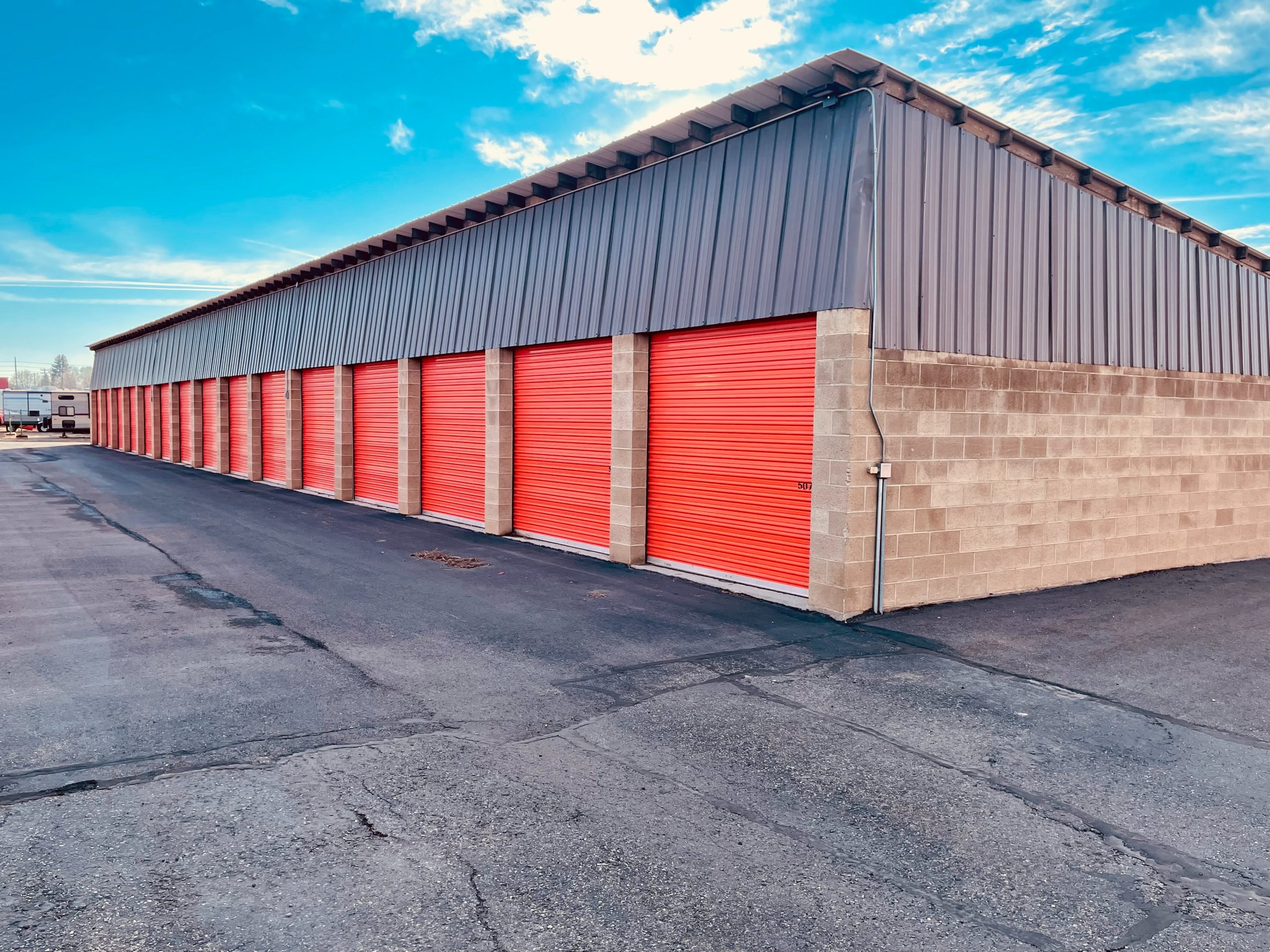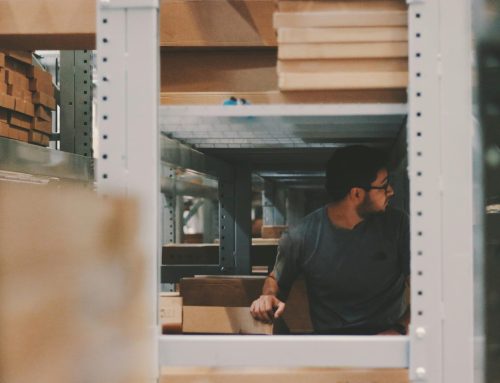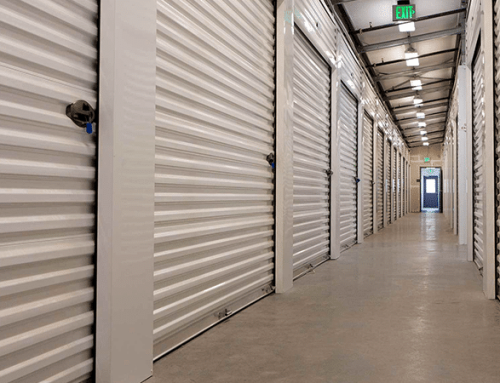In recent years, many people who are interested in making investments have found that purchasing self-storage facilities is an appealing option. Individuals and companies can rent storage space at self-storage facilities so that they can keep their items there for a predetermined amount of time. This article will arm you with the knowledge you need to make an informed decision about whether or not purchasing a self-storage unit is a suitable financial move for you.
Is Self-Storage a Good Investment?
A Self-storage unit can be a profitable investment for a number of different reasons.
In the first place, as compared to other kinds of real estate investments, they have comparatively modest costs associated with their maintenance. But, it is essential to make certain that the property is effectively maintained. This includes doing routine maintenance and repairs when they are needed as well as keeping the building secure.
Second, it is vital to investigate the many financing alternatives that are accessible, such as traditional bank loans, private lenders, or crowdfunding platforms, because these units offer high returns on investment because of their cheap operating expenses and high rental rates. Researching these financing choices may be done by visiting the websites of traditional banks, private lenders, or crowdfunding platforms.
Last but not least, the fact that they have a low vacancy rate indicates that they are a stable source of revenue for investors. When you settle on a decision, don’t forget to conduct some research on the market in the area.
When it comes to investing in or owning self-storage facilities, it is critical to have a thorough understanding of the legal requirements and regulations that are involved. This includes restrictions regarding zoning, property taxes, and mandatory insurance coverage.
How Can I Invest in Self-Storage Property?
Putting money into self-storage real estate can be done in a number of different ways. Some of the most prevalent choices are as follows:
You have the ability to purchase a self-storage facility either as a solo owner or as part of a group of investors through direct ownership. You will have complete control over the property if you have direct ownership of it; nevertheless, this comes with a higher level of risk.
Real Estate Investment Trusts: More commonly referred to as REITs, are businesses that own and manage self-storage facilities. Investing in self-storage real estate through REITs is a time- and labor-efficient alternative to outright ownership of individual storage facilities.
Limited Partnerships: Another alternative, limited partnerships allow you to invest in a partnership with a general partner who is in charge of managing the property. Limited partners are not allowed to vote on partnership decisions.
Funds of private equity: Funds of private equity purchase and manage self-storage facilities by pooling the capital contributed by a number of different investors.
Why not to Invest in Self-Storage?
Although investments in a self-storage unit facilities have the potential to generate profits, they are not without their share of dangers. Putting your money into a self-storage facility might not be the best choice for you for a number of different reasons, including the following:
Saturation of the market: In some regions, there may be an excessive number of self-storage units available, which can result in an increase in the level of competition and a decrease in the rental prices.
Recessions: self-storage facilities are not immune to the effects of recessions and other economic downturns. It’s possible that demand for self-storage units could drop while the economy is in a slump, which will result in higher vacancy rates and less money coming in from rent.
Costs of maintenance: Despite the fact that self-storage facilities have relatively modest maintenance requirements, there are still expenditures associated with maintenance, such as repairs and upkeep of the facility.
Are Storage Units a Good Investment in Australia?
Self-storage is a rapidly expanding business in Australia, making it a potentially lucrative area for financial investment. One method for doing so is the purchase of storage units itself. The Australian self-storage business is estimated to be valued over $1 billion and has risen by 4.8% over the course of the previous year, according to the Self Storage Association of Australasia (SSAA). But, before making any investments, it is necessary to do research on the market and evaluate the risks. This is true for any type of investment.
In conclusion, investing in self-storage units might be a smart alternative for investors searching for a consistent source of passive income. This type of investment can be quite lucrative. On the other hand, just like with any other type of investment, you need to carefully consider both the potential downsides and upsides before making a final choice.







